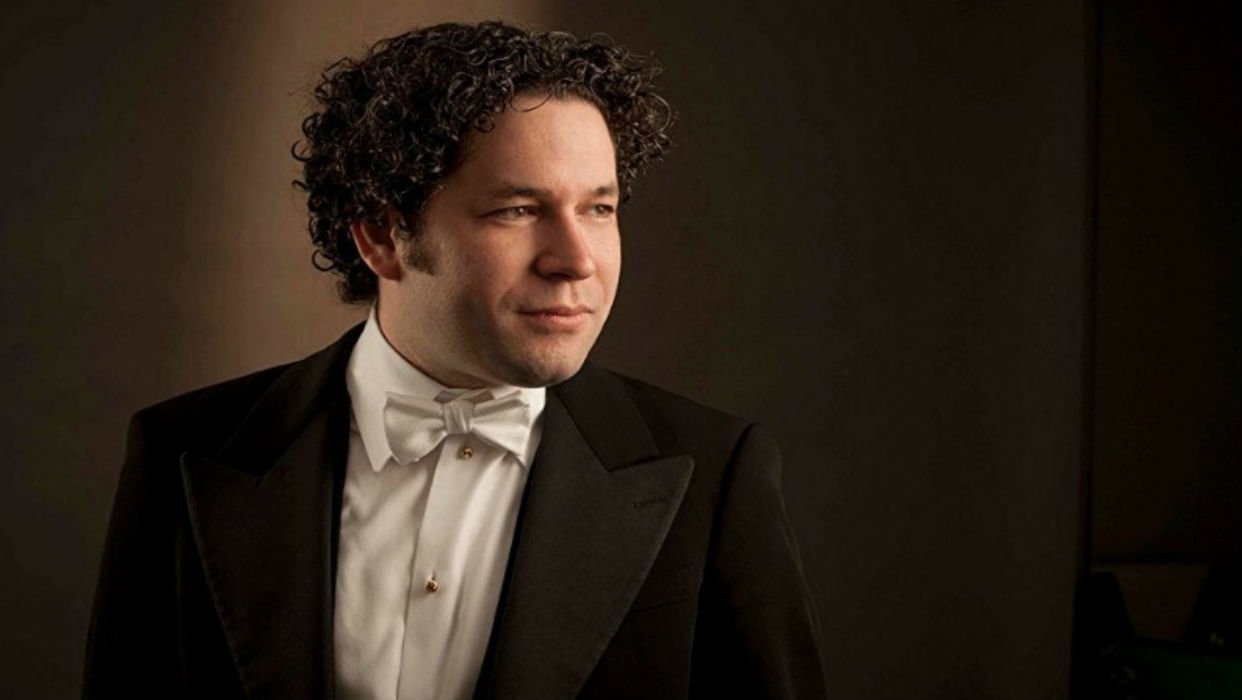 Photo: archive
Photo: archive
When Gustavo Dudamel landed in Caracas with a team of filmmakers in 2017 to shoot a documentary about his admired career, no one suspected that this would be the last time the musician could return to his country.
Viva Maestro!, the film about the charismatic Venezuelan orchestra leader, opens in U.S. theaters this Friday as a testimony of a national hero who decides to park his great passion, music, to take a stand against the government for the first time, by Ripe and Wear the consequences.
«We wanted to make a film about Gustavo around the world. What we didn’t expect is that Venezuela’s problems would be brought to the forefront of the film from some sort of backdrop. This is how its director Ted Braun describes it in an interview with Efe.
With a popularity rarely seen in the classical music world and rivaling that of rock stars, Dudamel, director of the Los Angeles Philharmonic and Paris Opera, spent six years in front of this filmmaker’s camera.
More than five years in which Braun and Dudamel traveled the planet, from the boroughs of Caracas to stages such as the Berlin and Vienna Philharmonics. Where he, his baton moves and recognizable curly hair manage to capture the attention of both professional and casual audiences.
Considered one of the most important contemporary musicians in the world, Dudamel began recording this tape while facing the same Venezuelan political sector that made him the prodigal son of his social programs.
The day politics changed Dudamel’s life
“The first location Gustavo suggested was in Caracas in February 2017. It was a perfect start, with the orchestra he grew up with. Friends aged 12 or 13 who were now in their 30s recording Beethoven’s symphonies,” recalls Braun.
“I thought, ‘If we can capture him rehearsing the four most popular notes in classical music history, everyone will feel oriented,'” adds the filmmaker.
But disorientation soon set in.
In March of the same year, Venezuela experienced a severe institutional crisis after the Supreme Court expanded Maduro’s powers and suppressed the powers of the National Assembly, sparking a wave of heavily suppressed protests.
The death of a young violinist from the orchestra he conducted during a demonstration prompted the musician to publish a letter in which he criticized the Venezuelan government for the first time.
Maduro did not hesitate to attack Dudamel, possibly his country’s most important cultural export. And he canceled the international tour that the director was preparing with the National Youth Orchestra of Venezuela.
“It’s a transformative moment for him. It changed his life, his connection to the orchestras he leads and to his homeland,” says Braun.
A rock star of classical music
Long live Master! It concerns the contrast that Dudamel was to lead from the idealism in which he was formed, where culture itself was an element of social change, to political oppression.
But the film also serves to understand his love for Venezuela’s National System of Youth Orchestras and Choirs, the revolutionary development plan that brought classical music to the underprivileged classes. It was there that its founder, José Antonio Abreu, discovered Dudamel and later became his mentor.
“He loves the power of music, its ability to change a child’s life because it changed him,” says the filmmaker.
Between concert and recital, the camera captures Dudamel during his classes with the Youth Orchestra of Los Angeles (YOLA), the program he created to bring classical music closer to California’s popular sectors.
At the end of the class, the musician insists in front of the camera that “he doesn’t give anything back”, that he’s the one who wins, letting himself be infected by the passion of young people.
And then he pops back into Europe to be greeted like a rock star.
“Gustavo was fascinating. I had never made a film that focused on a single person, and after meeting him I thought, ‘My God, this guy could be in a whole film,'” concludes Braun.
Independent journalism needs the support of its readers to keep going and to make sure the uncomfortable news you don’t want to read stays within your reach. Today, with your support, we will continue to campaign for censorship-free journalism!

